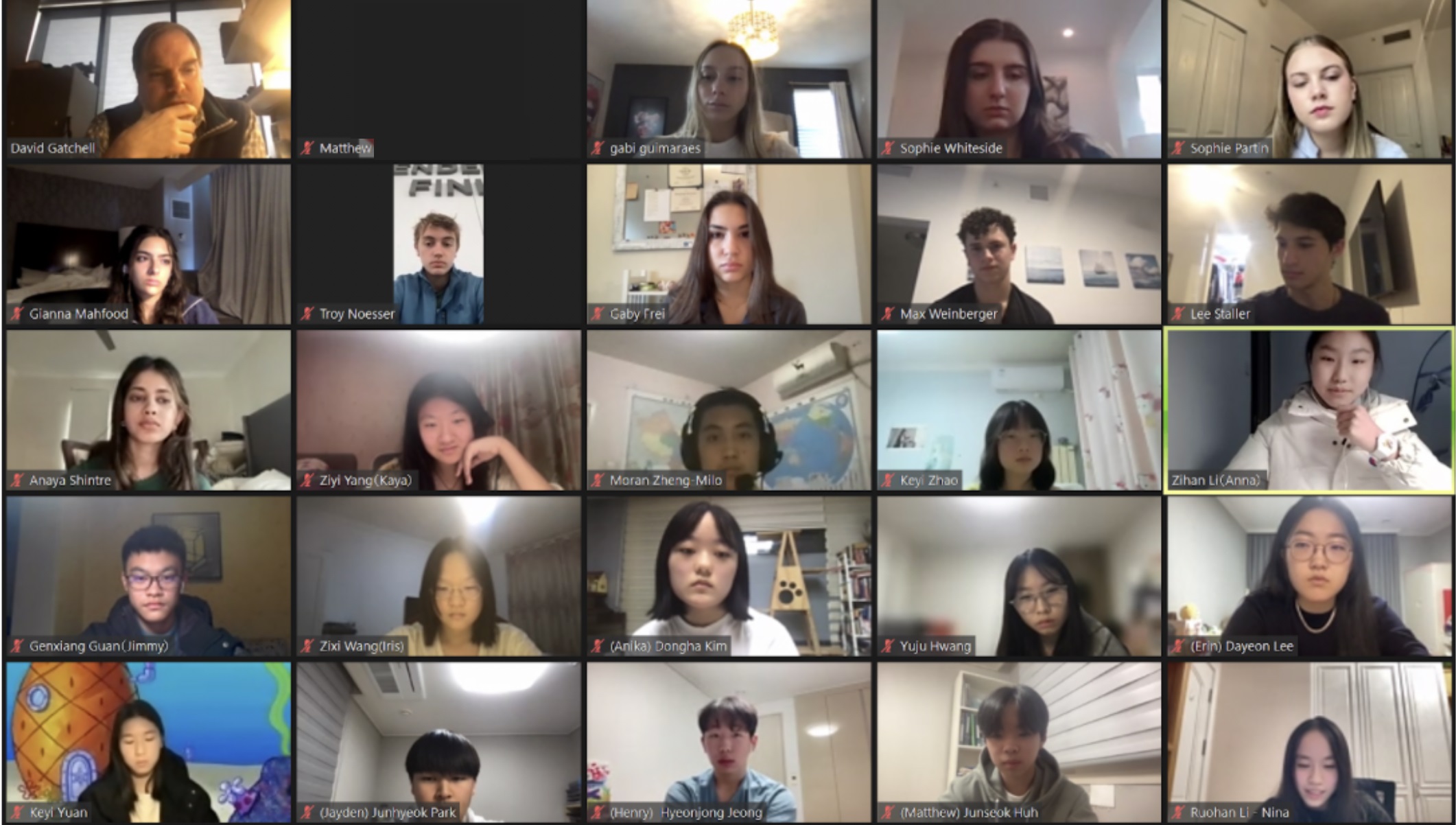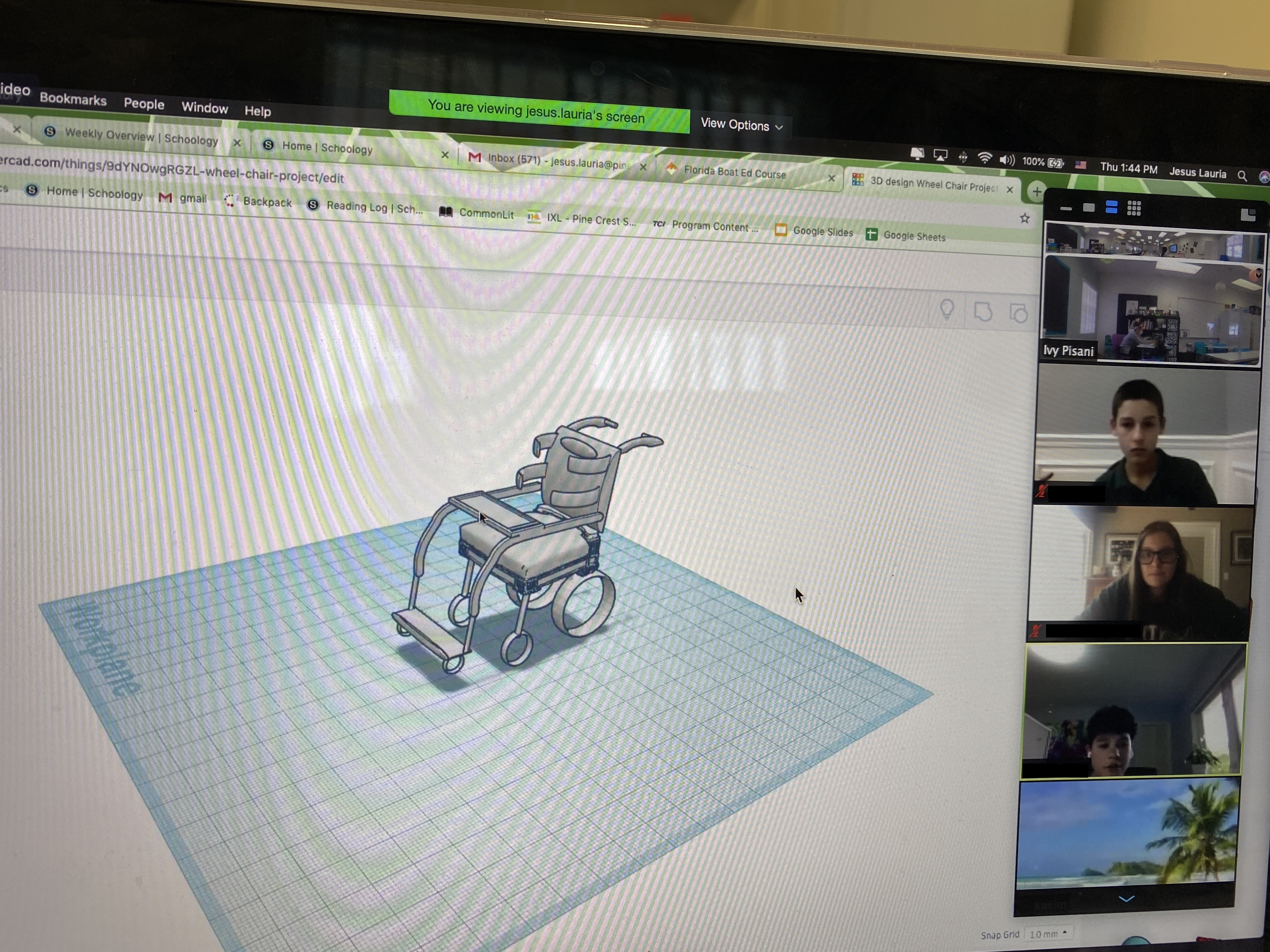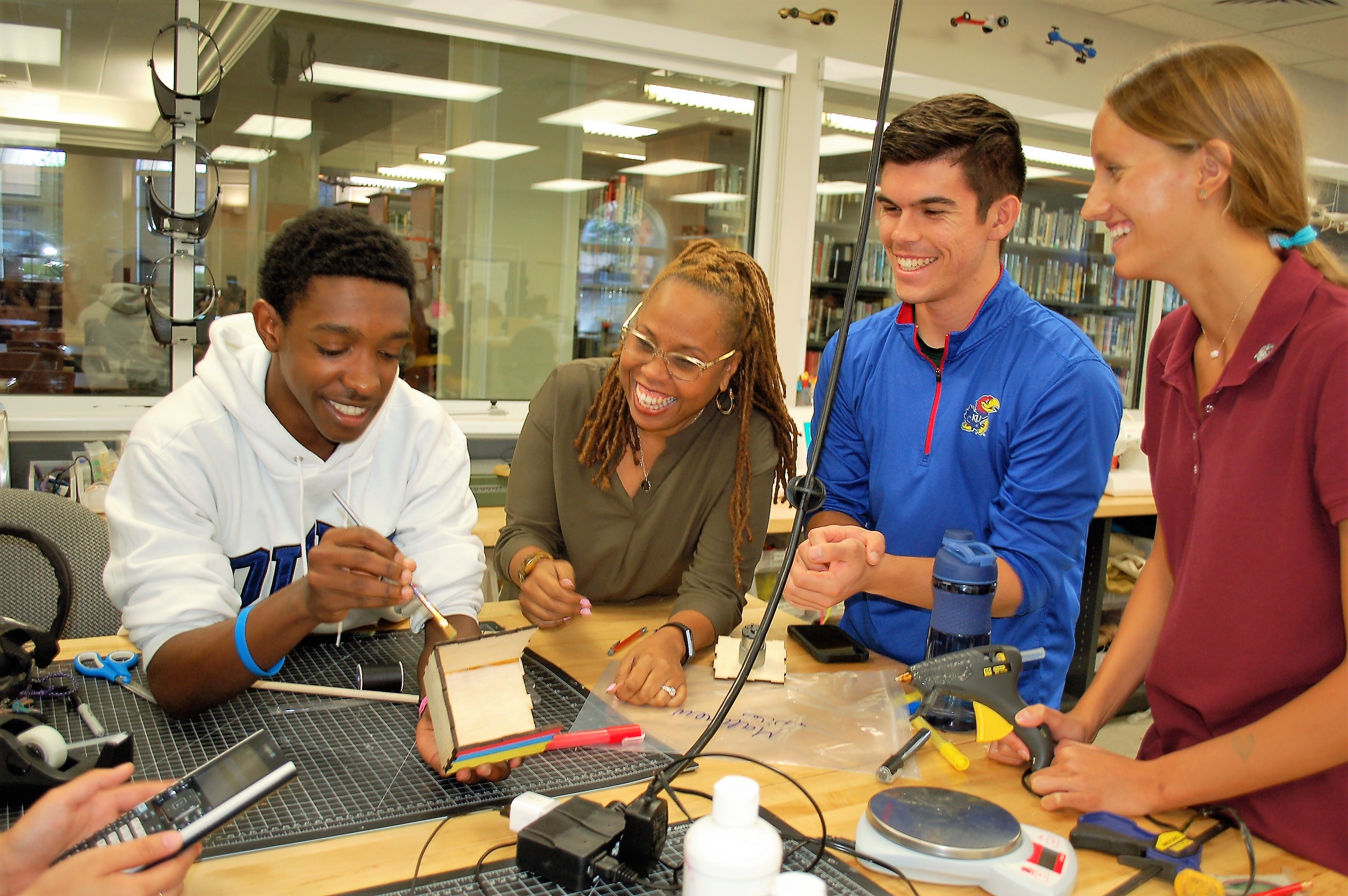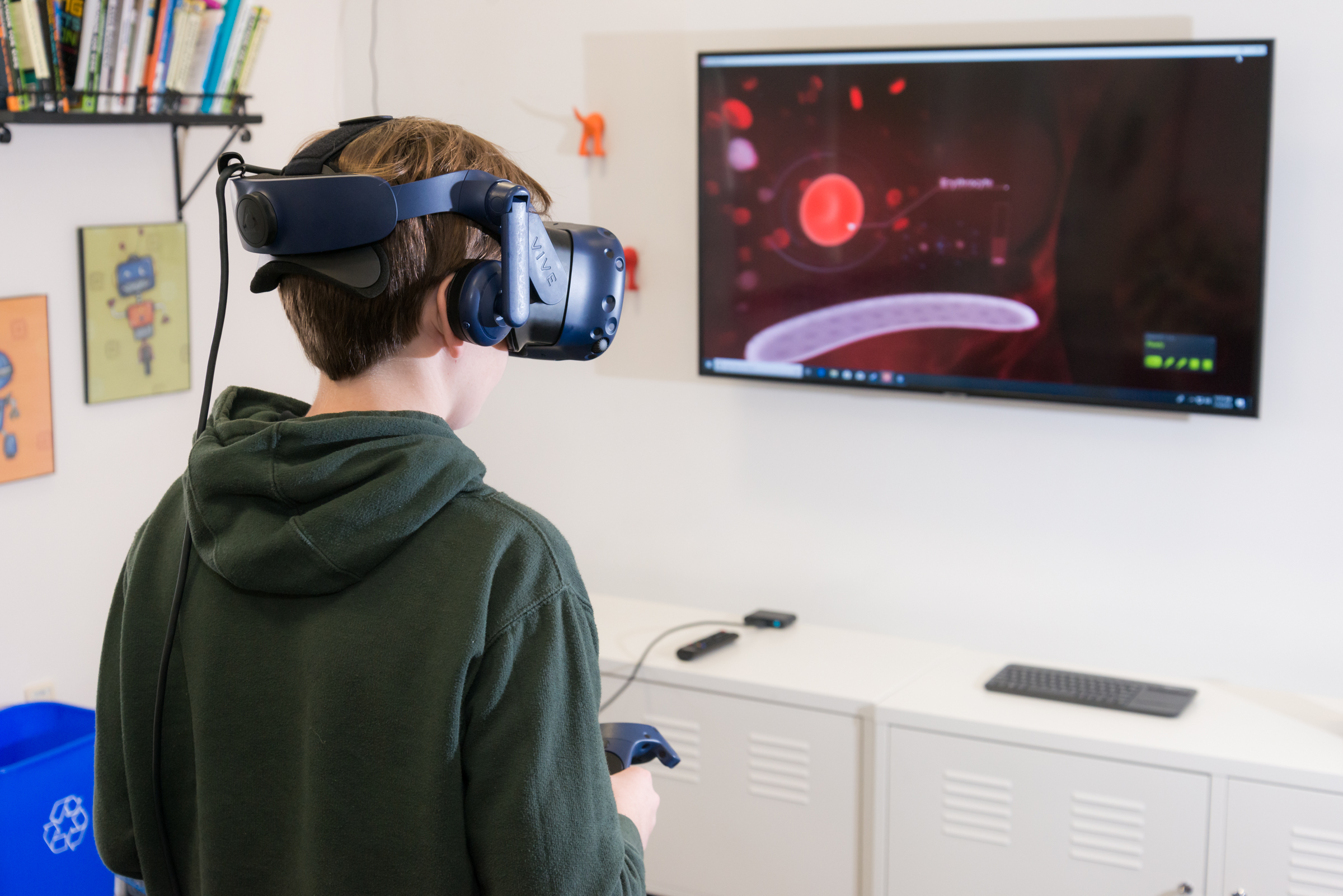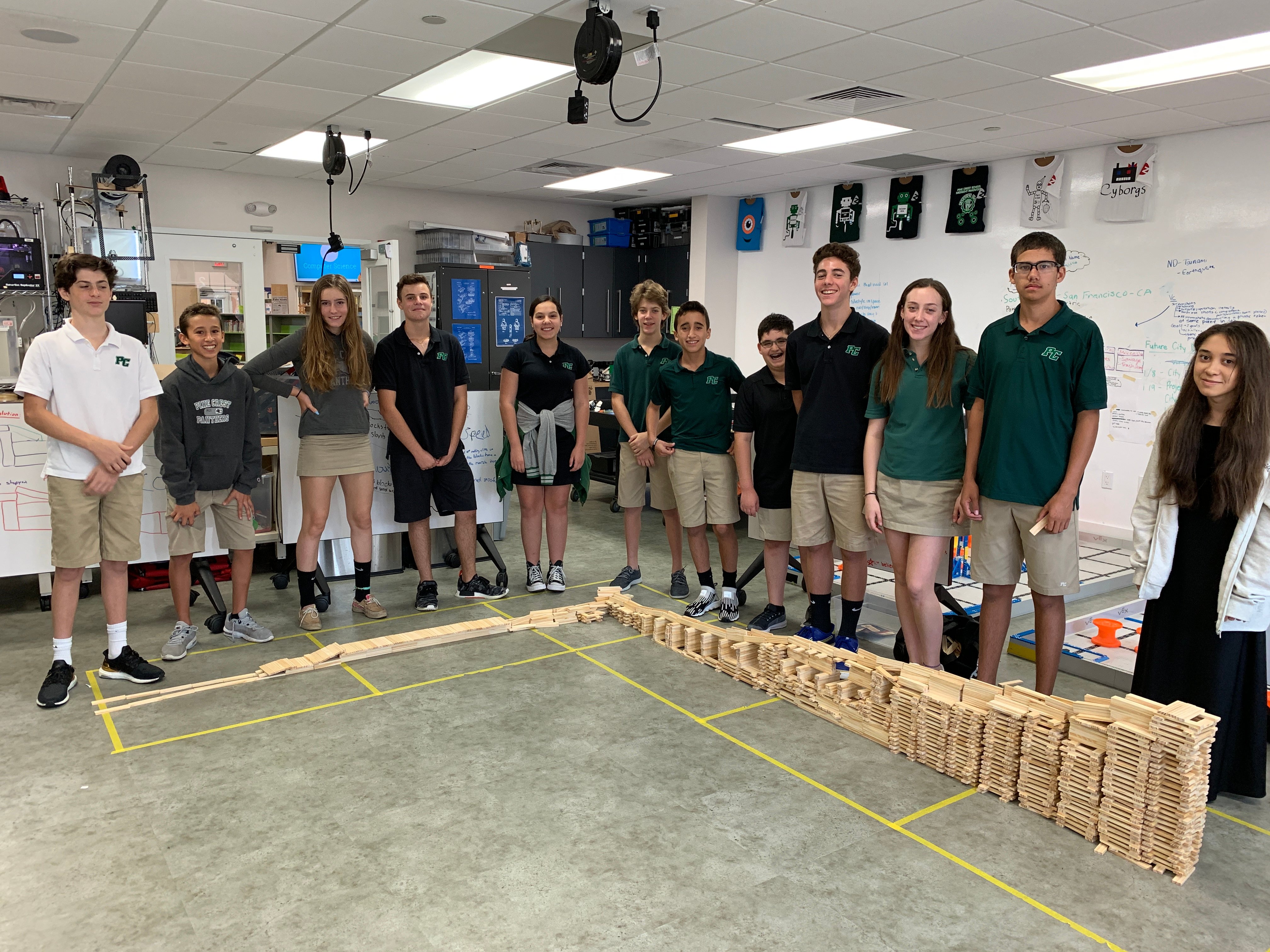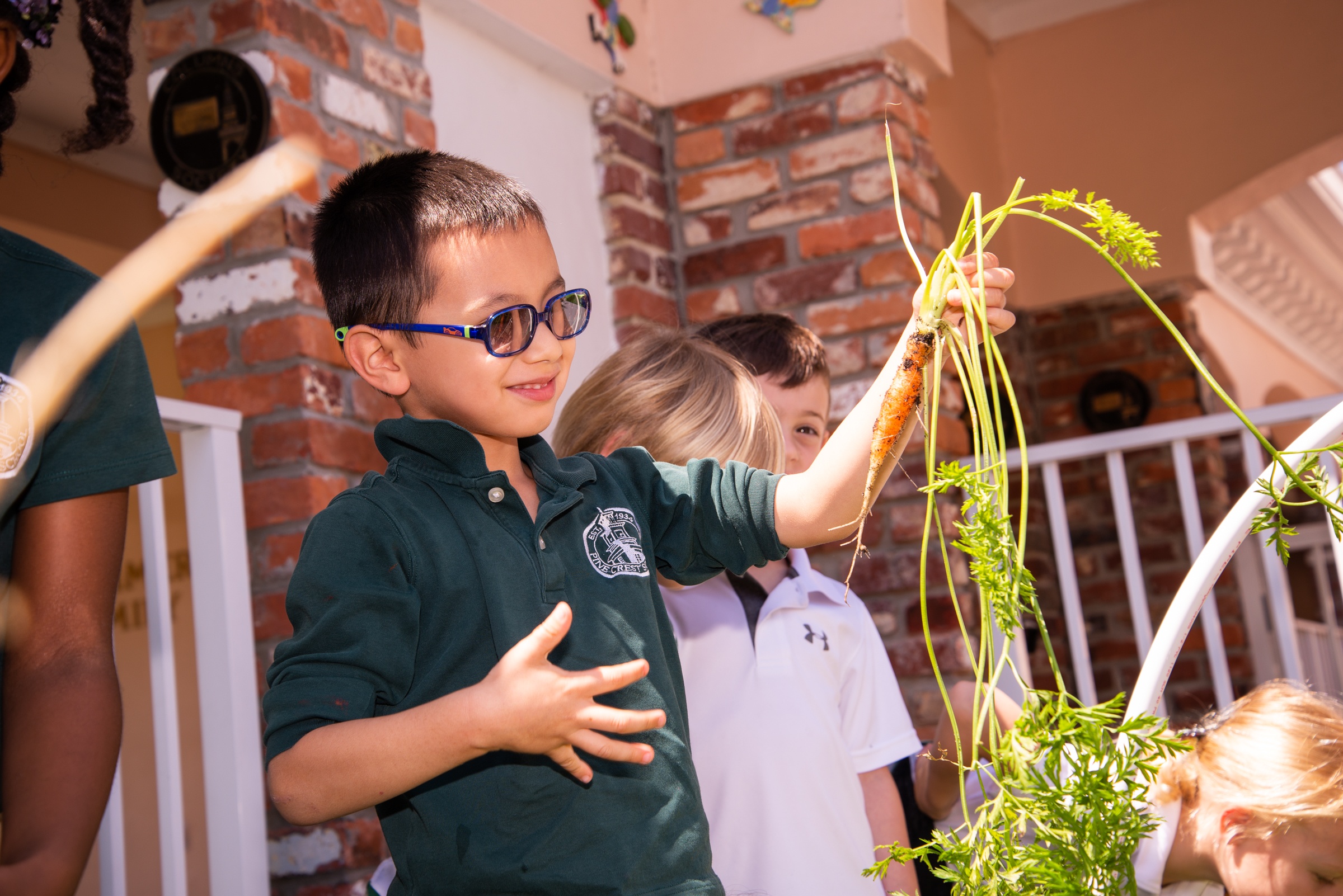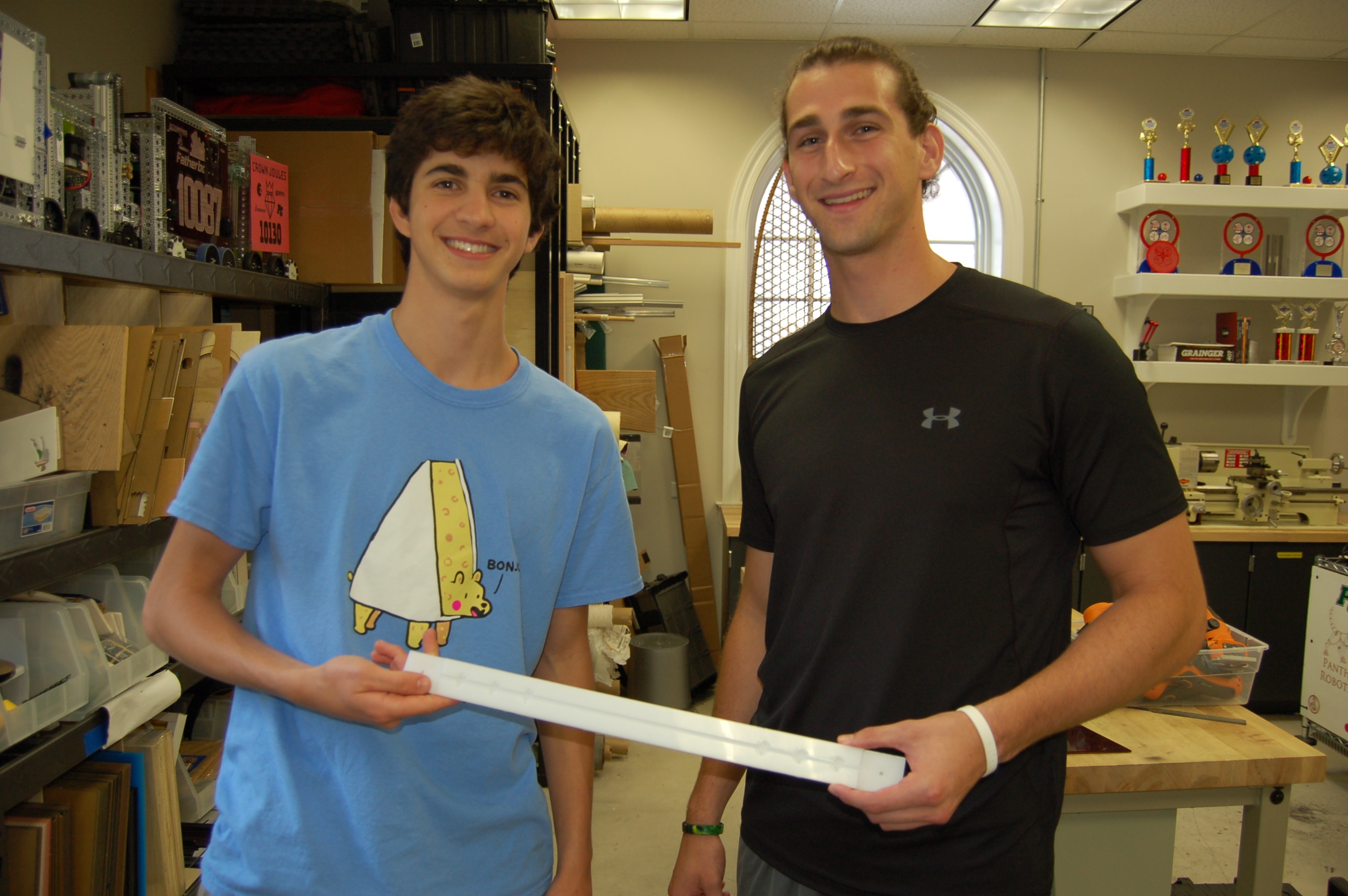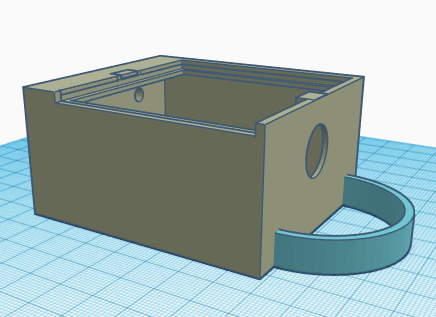By: Asha Gandreti ’25
Fueling the Future: How Global Learning is Transforming Pine Crest Classrooms
Topics: Innovation, Faculty, Design Thinking, Academics, Giving, The Magazine, 2025
Pine Crest Upper School Students Participate in Global Problem-Solving Institute Pilot Program
By: Elani Kodner ’24
Fifteen (15) members from Pine Crest Upper School’s second-year social entrepreneurship program were invited to participate in the Global Problem-Solving Institute (GPSI) pilot program. The GPSI is a virtual innovation laboratory where high school students from across the globe collaborate to solve some of the world’s most challenging and complex problems.
The pilot program was offered to three schools from the United States and one each from South Korea, Japan, Turkey, India, and Kazakhstan. Students had the opportunity to work on solutions for one of two societal issues: Disabling Non-Communicable Diseases or Food Fixes and the Climate Crisis. During the 12-week program, students gained knowledge in existing subject areas by exploring methodologies of environmental science, economics, and the psychology of persuasion to analyze the problems and formulate solutions. Students worked individually and collaboratively with peer schools and university professors worldwide using the design thinking methodology.
“Working with an international cohort of the GPSI has exposed us all to perspectives from diverse cultures,” said Troy Noesser ’24. “Having the opportunity to study disease prevalence and mitigation with international students allowed us to explore ideas and solutions that fit within a global context.”
Students in the Disabling Disease track worked with Dr. David Gatchel, Clinical Professor of Biomedical Engineering and Mechanical Engineering. Dr. Gatchel also serves as Director of the Manufacturing and Design Engineering (MaDE) program at Segal Design Institute, inside the McCormick School of Engineering at Northwestern University. Under his guidance, students mapped the biological, cultural, and behavioral factors contributing to the prevalence of noncommunicable and chronic diseases like cardiovascular illness, cancer, chronic respiratory pathophysiology, and diabetes. Students spent 12 weeks utilizing design thinking principles to develop a deeper understanding of core concepts in medical anthropology, psychology, neuroscience, and biomedical engineering to generate proposals to reduce the incidence of preventable diseases.
“Working within an international cohort pushed me to view global issues through a cross-cultural lens,” said Gabrielle Frei ’24. “Through the sessions, we researched medical recommendations from around the world to create a curriculum that educates young students about the dangers of antibiotic resistance. We encompassed various biases from different cultural and psychological frameworks in order to address global perspectives regarding the use of antibiotics.”
Students on the Food and Climate track worked alongside Dr. Leshui He, Associate Professor of Economics at Bates College. Together, they worked to map the food supply system and identify critical factors contributing to the problem. Their goal was to look at ways to alter consumption habits, reduce waste, and improve equitable access to food in an environmentally sustainable way.
They presented their research to industry leaders within the fields of economics, political science, and environmental science.
“I was able to deepen my understanding of climate change by analyzing the intersection between long-term shifts in temperature and weather patterns and food waste,” said Gimani Rose ’24. “Using an entrepreneurial mindset allowed me to better understand all stakeholder needs to propose innovative solutions to the problem of food waste.”
Although the pilot has ended, students can continue their research with professors and the global cohort. Several of them have visited Dr. Gatchell at Northwestern to learn more about biomechanical engineering and his innovation lab. The incoming juniors will begin a new program cohort in January 2024, including students from Ethiopia, Zimbabwe, and El Salvador.
Topics: Upper School, Design Thinking, Academics, Student Leadership, Entrepreneurship, Future Ready, 2023
Why Play and Exploration are Key for Young Students to Learn
Topics: Lower School, Innovation, Design Thinking
Learning Human-Centered Design in Pine Crest Middle School
Topics: Innovation, Middle School, Design Thinking, Computer Science, STEM, Social and Emotional Learning, 2021
How Students Develop an Entrepreneurial Mindset
At Pine Crest School, we believe our students must learn to be as agile and adaptable as possible.
High-brain human traits such as global understanding and empathy, deep thinking and learning, and complex problem-solving mindset through collaboration will distinguish our students and set them up for success.
Topics: Alumni Newsletter, Lower School, Upper School, Student Life, Middle School, Design Thinking, Pine Crest School, Entrepreneurship
Middle School at Pine Crest is home to new virtual reality (VR) equipment, which Pine Crest Computer Science and Technology faculty are using to teach students how to create their own virtual experiences and to influence others’ perspective.
“More content is being released and is increasingly available and accessible, and VR and augmented reality (AR) devices are becoming more effective,” said Mr. Sean Tibor, Pine Crest Computer Science and Technology Specialist. “By the time our Middle School students go to college, they will need to know how to use this equipment and feel comfortable using it.”
The terms “VR” and “AR” are often used interchangeably, but they are not the same.
“The difference is that AR takes information around you and fuses the world you are in with additional data or information — think Pokemon Go,” said Mr. Tibor. “VR is about immersion and perspective. It overlays virtual items or instances on top of the real world. The benefit of VR technology is that it can change our perspective from a few different axes: distance, time, scale, and the forthcoming, human perspective."
Delving into these axes, Mr. Tibor shared how using VR technology is not limited to one course or subject.
Topics: Innovation, Panther Pulse, Faculty, Middle School, Design Thinking, Innovation Institute, 2019, Academics
Pine Crest Middle School Students Use Biomechanics To Develop Earthquake Resistant Homes
Project based learning (PBL) initiatives are some of the ways faculty are approaching hands-on learning with students. A PBL assignment engages students in solving a real-world problem or answering a complex question. Students then demonstrate their knowledge and skills by developing a public product or presentation for a real audience.
Topics: 2018, Athletics, Faculty, Middle School, Design Thinking, Innovation Institute
Topics: Innovation, Student Life, Admission, Middle School, Design Thinking, Innovation Institute, 2019
Innovation Curriculum in Pre-Kindergarten and Kindergarten at Pine Crest School
At Pine Crest School innovation is part of the curriculum from day one. Pre-kindergarten and Kindergarten students visit the Zimmerman Family iLab, or the Mintz Family iLab each month, and have computer science class twice a week.
Students are exposed to basic algorithmic thinking and logical reasoning through elementary coding classes. Students use applications on iPads, like Dash and Dot, Ozobot, Bee-Bot, and Codeable to learn to sequence and debug code. Students see their code come to life in the small robots that complement the applications they use.
Digital portfolios are also part of their computer science and technology curriculum. Students upload samples of their assignments, or “artifacts,” to reflect on what they have learned. These portfolios will follow them throughout their academic careers at Pine Crest.
During their time in the iLabs, students are exposed to organic gardening and engineering challenges. They are exposed to the design thinking process showing students how to research, ideate, experiment, and reflect as to problem-solve and think creatively.
Students are given design challenges exposing them to the engineering process and teaching them to manipulate materials and construction techniques appropriate for their age level. Additionally, students use Squishy Circuits to learn the basics of electricity and circuitry.
This innovative curriculum is designed for students to take risks and fail forward.
Topics: 2018, Innovation, Admission, Pre-kindergarten, Design Thinking
Harnessing Collaboration and Innovation to Improve Athletic Performance
Pine Crest School alumnus Daniel Fine ‘13 is laser-focused on revolutionizing athletic performance. It was during a summer internship experience while he was studying at the University of Tampa that Daniel came up with an idea.
Topics: Innovation, Upper School, Athletics, Alumni, Design Thinking
Developing a Design Thinking Mindset in Middle School
Design thinking is a methodology for creative, complex problem solving. A design thinker questions and explores possibilities with a clear goal in mind: creating a solution, service, or product that benefits the end user. This technique is often described as human-centered because it is rooted in empathy and aimed at understanding a person or group of people.
Topics: 2018, Innovation, Panther Pulse, Middle School, Design Thinking

